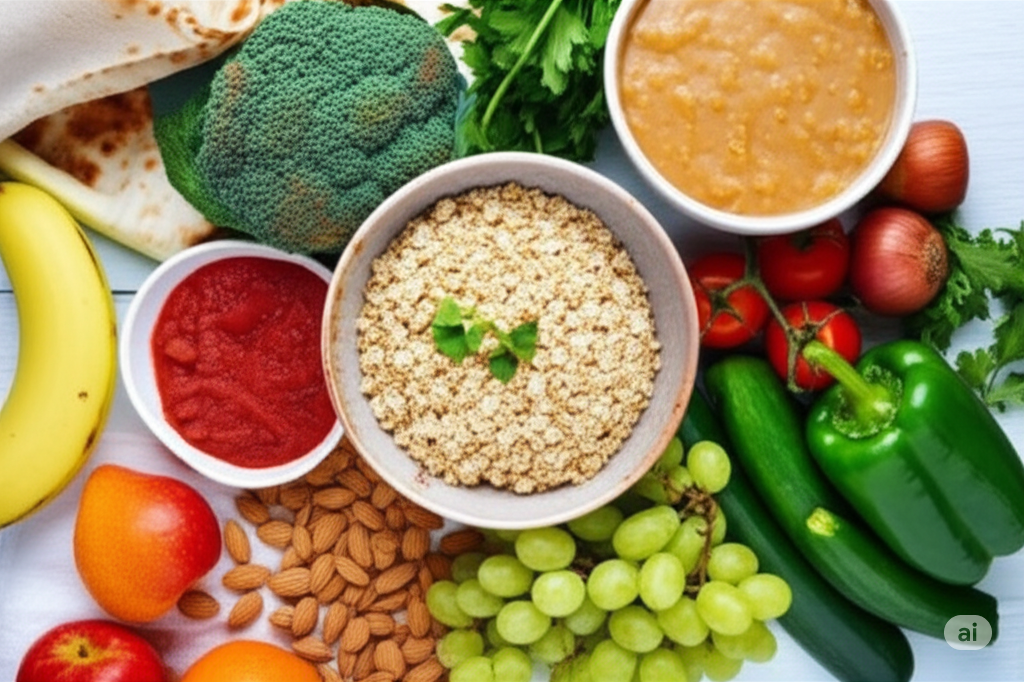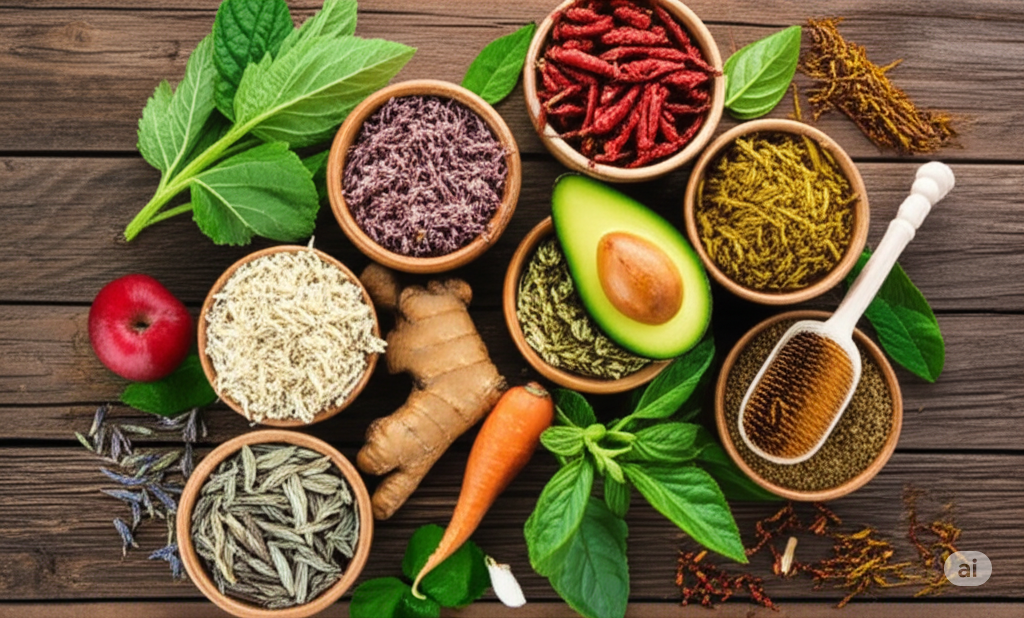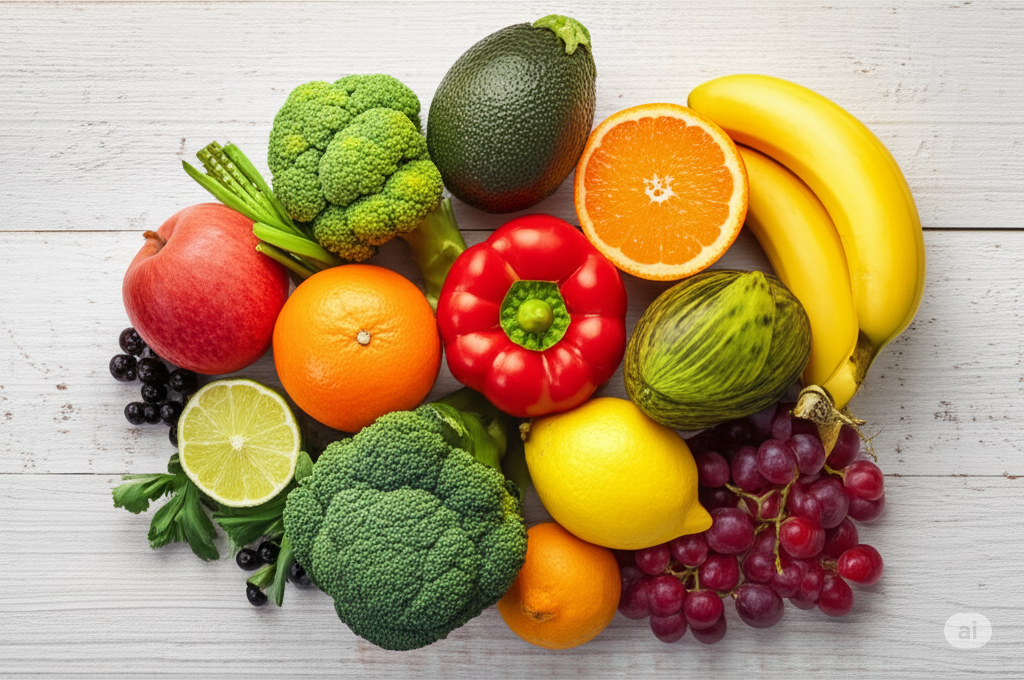We often hear about macronutrients like proteins, fats, and carbohydrates, and the vital roles they play in our health. But lurking in the shadows, often underestimated, is a dietary powerhouse that deserves just as much attention: fiber. This seemingly simple component of plant-based foods offers a wealth of benefits that can significantly impact your overall well-being.
So, what exactly is fiber? Unlike other carbohydrates that our body breaks down and absorbs, fiber passes relatively intact through our digestive system. It’s essentially the structural part of plants, found in fruits, vegetables, grains, and legumes.
There are two main types of fiber: soluble and insoluble. Soluble fiber dissolves in water to form a gel-like substance. This type of fiber can help lower cholesterol levels and stabilize blood sugar. Good sources of soluble fiber include oats, barley, apples, citrus fruits, and beans.
Insoluble fiber, on the other hand, doesn’t dissolve in water. It adds bulk to your stool and helps food move more quickly through your digestive tract, promoting regularity and preventing constipation. You can find insoluble fiber in whole wheat products, wheat bran, vegetables, and the skins of fruits.
Why is fiber so important? The benefits are numerous and far-reaching:
Improved Digestive Health: Fiber is crucial for maintaining a healthy digestive system. It helps prevent constipation, hemorrhoids, and diverticulitis by adding bulk to stool and facilitating smooth passage.
Blood Sugar Control: Soluble fiber can slow down the absorption of sugar into the bloodstream, which can be particularly beneficial for individuals managing blood sugar levels.
Heart Health: Studies have shown that adequate fiber intake, especially soluble fiber, can help lower LDL (“bad”) cholesterol levels, reducing the risk of heart disease.
Weight Management: High-fiber foods tend to be more filling, helping you feel satisfied for longer and potentially reducing overall calorie intake. Fiber also doesn’t contribute many calories itself.
Reduced Risk of Certain Diseases: Research suggests that a diet rich in fiber may lower the risk of developing certain types of cancer, including colorectal cancer.
Despite its many benefits, many people don’t consume enough fiber. The recommended daily intake for adults is around 25-30 grams. To boost your fiber intake, focus on incorporating more whole, unprocessed plant-based foods into your diet. Here are some simple ways to do so:
- Start your day with a bowl of oatmeal or whole-wheat cereal.
- Choose whole-grain bread and pasta over refined options.
- Snack on fruits, vegetables, and nuts.
- Add legumes like beans and lentils to your meals.
- Leave the skins on fruits and vegetables whenever possible.
Making small, gradual changes to your diet can make a big difference in your fiber intake and overall health. Don’t underestimate the power of this nutritional workhorse – your body will thank you for it!













Leave a Reply